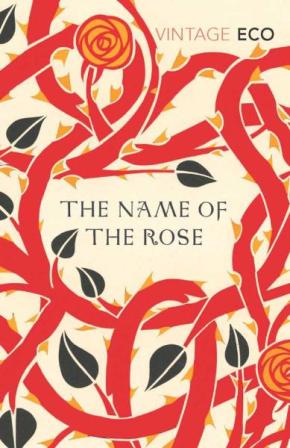 I came across this in Umberto Eco’s The Name of the Rose (15):
I came across this in Umberto Eco’s The Name of the Rose (15):
“My good Adso,” my master said, “during our whole journey I have been teaching you to recognize the evidence through which the world speaks to us like a great book. Alanus de Insulis said that
omnis mundi creatura
quasi liber et pictura
nobis est in speculum
and he was thinking of the endless array of symbols with which God, through His creatures speaks to us of the eternal life. But the universe is even more talkative than Alanus thought, and it speaks not only of the ultimate things (which it does always in an obscure fashion) but also of closer things, and then it speaks quite clearly.”
This little Latin poem is half of the first stanza of a longer medieval work. The whole stanza is:
Omnis mundi creatura
quasi liber et pictura
nobis est in speculum:
nostrae vitae, nostrae mortis,
nostri status, nostrae sortis
fidele signaculum,
which translates roughly as:
All the world’s creatures
As a book and a picture
Are to us as a mirror;
in it our life, our death,
our present condition and our passing
are faithfully signified.
The poem derives from twelfth century Christian theologian and neo-Platonist philosopher Alain de Lille, and makes the simple point that observation of the natural world can inform understanding of our own life. But it does so only up to a point. This poem is like the book of Ecclesiastes: it can see the reality and inevitability of death, but cannot see resurrection. This is the limitation of all forms of natural theology: it requires the revelation given in Jesus and attested in Scripture if it is to speak the truth of our existence. Umberto Eco rightly suggests that God indeed speaks to us through created things of the eternal life, but only obscurely.
See Psalm 19.